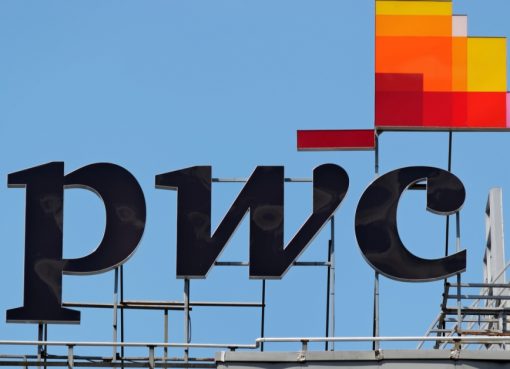The Austrian government is taking a considered approach to COVID-19 tech solutions after an initial rush to get some kind of contact tracing app out the door. The nation’s second wave of projects now includes blockchain.
Announced Wednesday, the country’s Federal Ministry for Digital and Economic Affairs awarded a €60,000 ($67,600) grant to a project called QualiSig, which uses elements of Austria’s digital identity system to create three COVID-related prototypes around fraud prevention, fake news and health data.
The QualiSig prototypes use the Ardor blockchain built by Swiss firm Jelurida and its Ignis tokenizing system. Developed by Danube University Krems researchers Thomas Wernbacher and Alexander Pfeifferhe, the other main partner is Austria’s A-Trust, which administers the citizen’s digital identity infrastructure.
quick correction: the app is developed by Alexander and Thomas, with the consultancy and guidance of Jelurida as it’s built on top of Ardor using Ignis
The prototypes will not be ready to make it into a live setting until at least eight months from now. But a more measured approach is probably to be welcomed, as handshake apps that have been rushed out by various governments continue to struggle with preserving user privacy, getting wide-spread adoption and, in some cases, have begun to show bugs.
Austria’s Stopp Corona app, which is backed by the Red Cross, has not been a big hit, with only 400,000 downloads and most of the population saying they don’t like the idea, according to Pfeiffer, who is working on QualiSig while completing a postdoctoral scholarship at MIT.
“Austrians disliked the Stopp Corona app, which appeared quite quickly, and they didn’t install it,” said Pfeiffer. “One of the first problems was that it was not open source so we did not know the code behind it. We introduced the [QualiSig] project to gain the trust of Austrian citizens and give them some sense of agency that they can be part of this process.”
Verified testing
Out of the three proposed QualiSig prototypes, Pfeiffer believes the most important allows the verification of door-to-door testers for COVID-19, whereby members of the public can easily become victims of fraud.
The prototype requires a testing agent to show a QR code that is scanned by the citizen using a mobile phone, which leads to a verification page showing a digital signature from a public authority. It also shows details of the responsibilities the agent has to complete to conduct the test, perhaps signed by the Red Cross or a government health agency.
The tester’s verifiable credentials – to use a familiar term within the digital identity arena – are attached to an Ignis blockchain utility token, which cannot be transferred and received without the correct authorization on a digital ID wallet.
“This system has to go hand-in-hand with marketing and information to citizens,” said Pfeiffer. “Besides COVID-19, I think it’s a use case that has the most potential to be actually rolled out to many different areas, any time a stranger knocks on the door and wants to ask you something.”
Other uses
The second prototypes involve preventing fake news by circumventing email and using a signable blockchain token, while the third combines recent test results for COVID-19 (signed by a doctor or health official) with a person’s digital citizenship to allow them to take a flight or attend a concert.
There are other projects working on similar apps, and concerns have been raised relating to the indiscriminate use of tech like blockchain in areas such as immunity passporting. Pfeiffer agreed “it can be very restrictive if people have to show a health test everywhere they go,” and this consideration has had a big impact on the team’s research, he said.
“From a psychological point of view, it’s about socially and ethically building trust,” Pfeiffer said. “We want to decentralize the way data is stored and even offer users the chance to host their own node on the blockchain, so everyone is actually in control of data; you see your own data with the private key that you hold or shared key if you’re going to share data.”
In terms of timing, at the end of the eight-month build, the team will present the three “near-market prototypes” to the government for evaluation. Pfeiffer explained that because the tech is built using the Ardor mainnet, rather than a testnet, as well as real digital citizenship infrastructure, the prototypes can be transferred to real, live use in “weeks and not months”.
The Austrian government has so far funded 40% of the total cost of the project, which will work out at about €150,000 ($168,500) in total. The remaining sum will likely come from the university, said Pfeiffer.
“Actually, my company, Jelurida, which develops Ardor and Ignis is providing consulting for this project,” said Jelurida co-founder and core developer Lior Yaffe. “So we will probably absorb part of the cost to help this important project get on its feet.”
The leader in blockchain news, CryptoX is a media outlet that strives for the highest journalistic standards and abides by a strict set of editorial policies. CryptoX is an independent operating subsidiary of Digital Currency Group, which invests in cryptocurrencies and blockchain startups.



